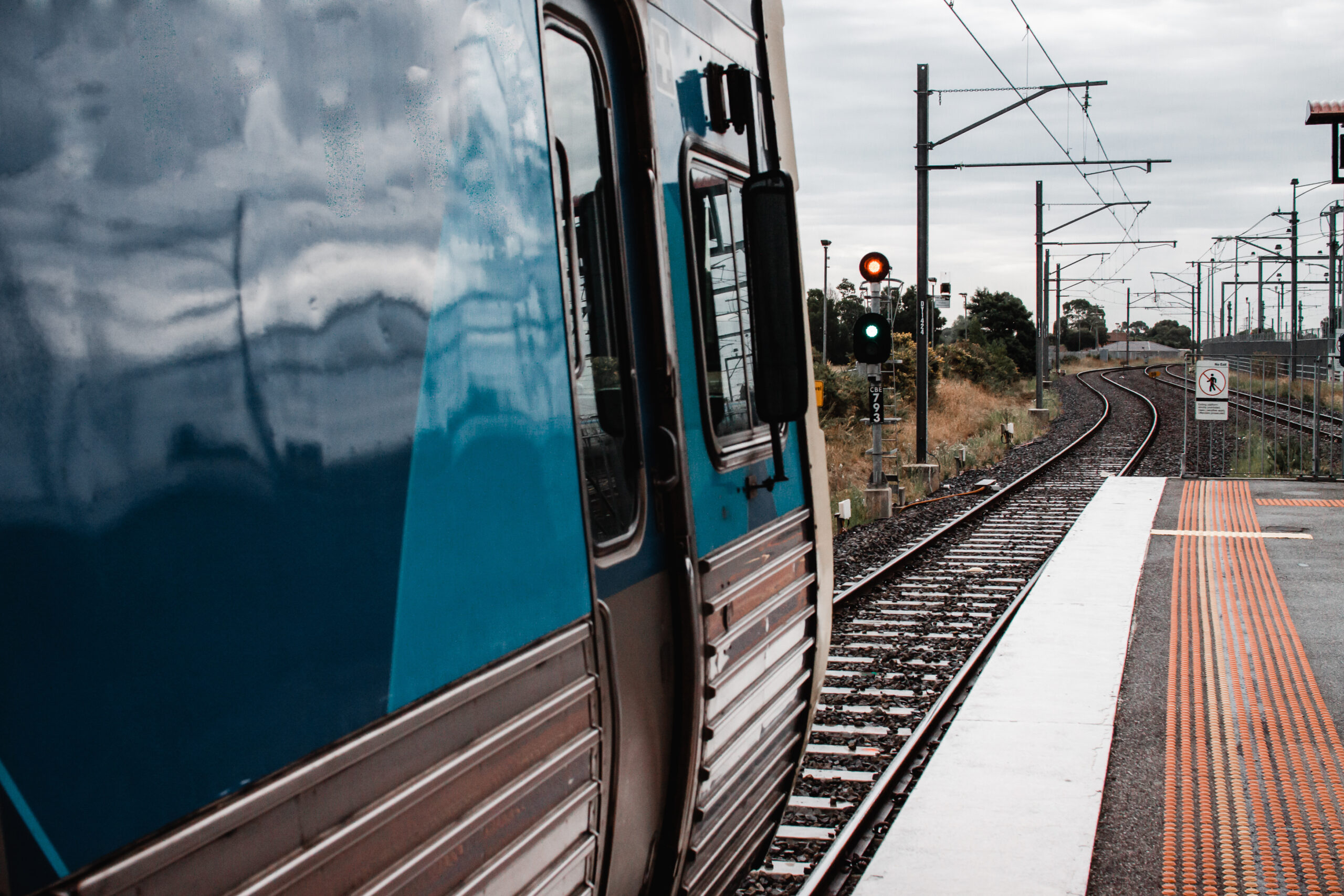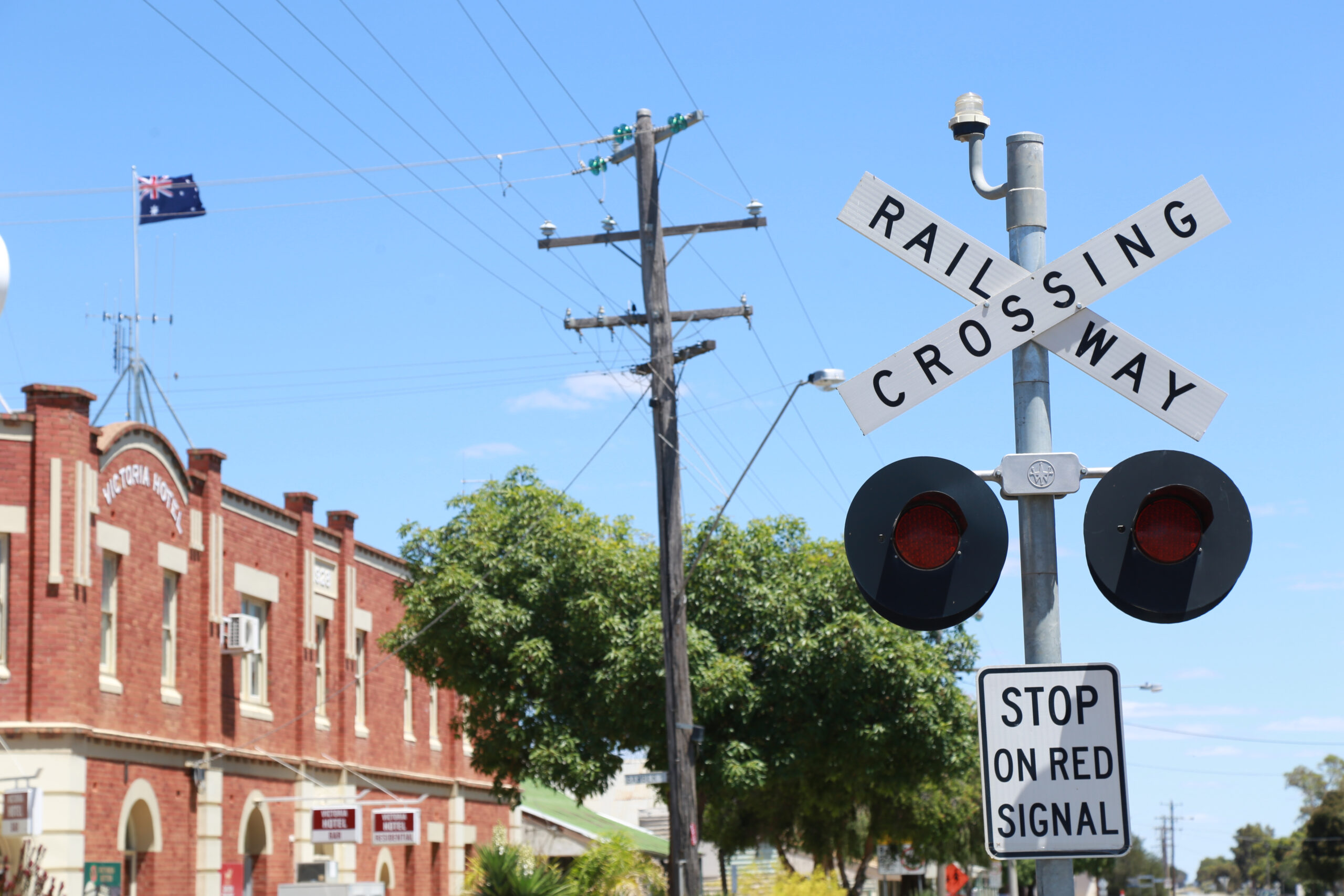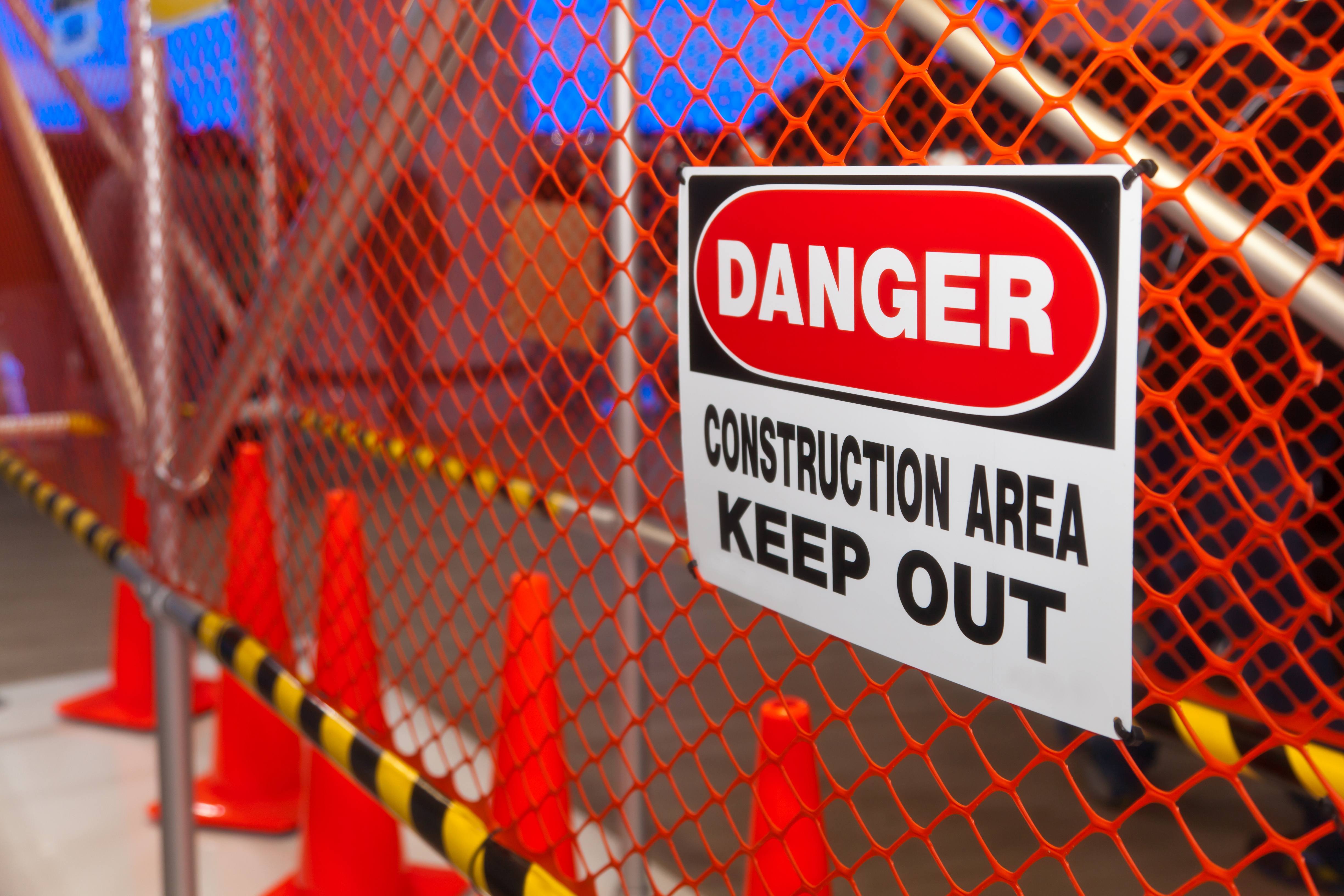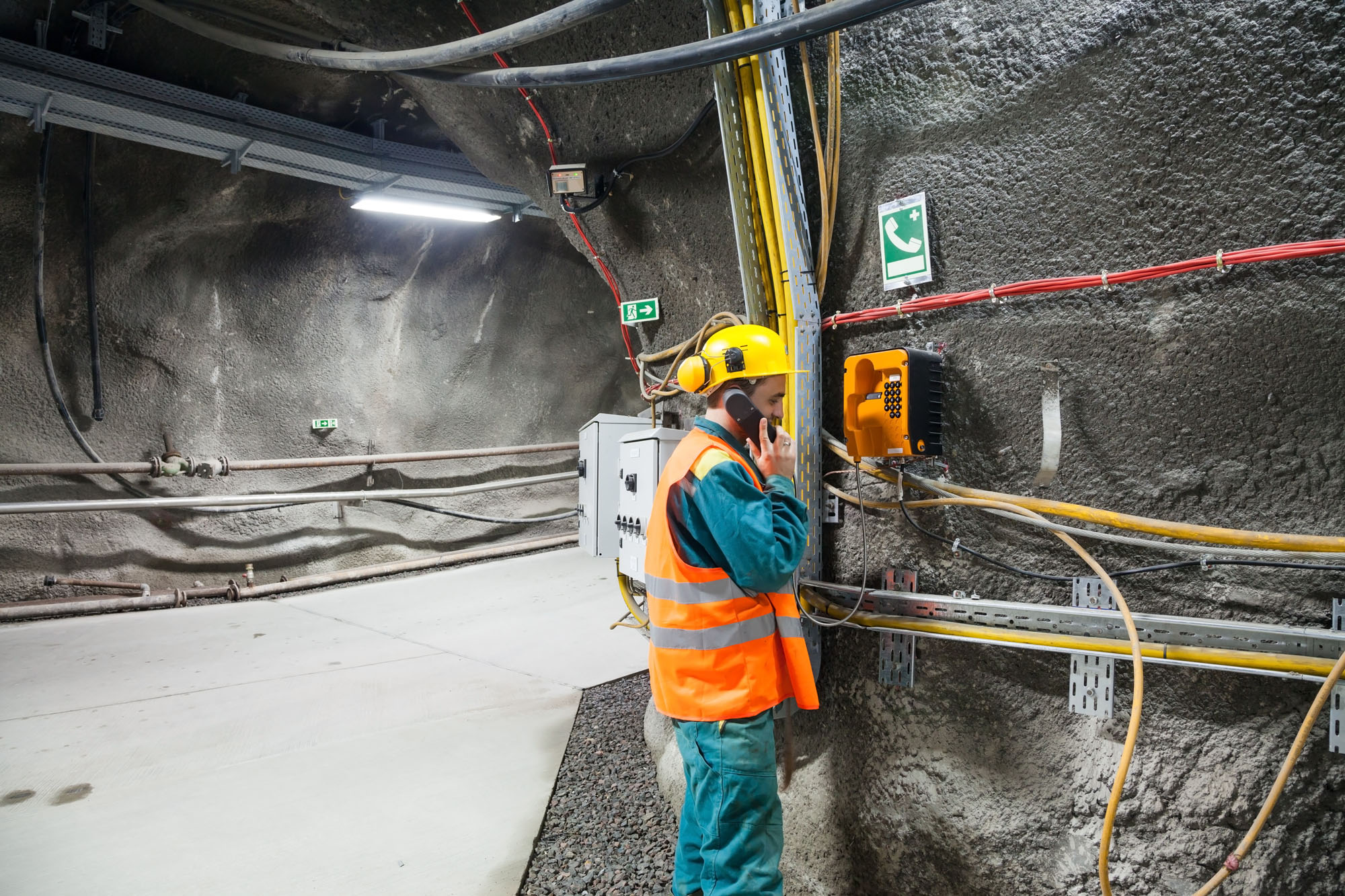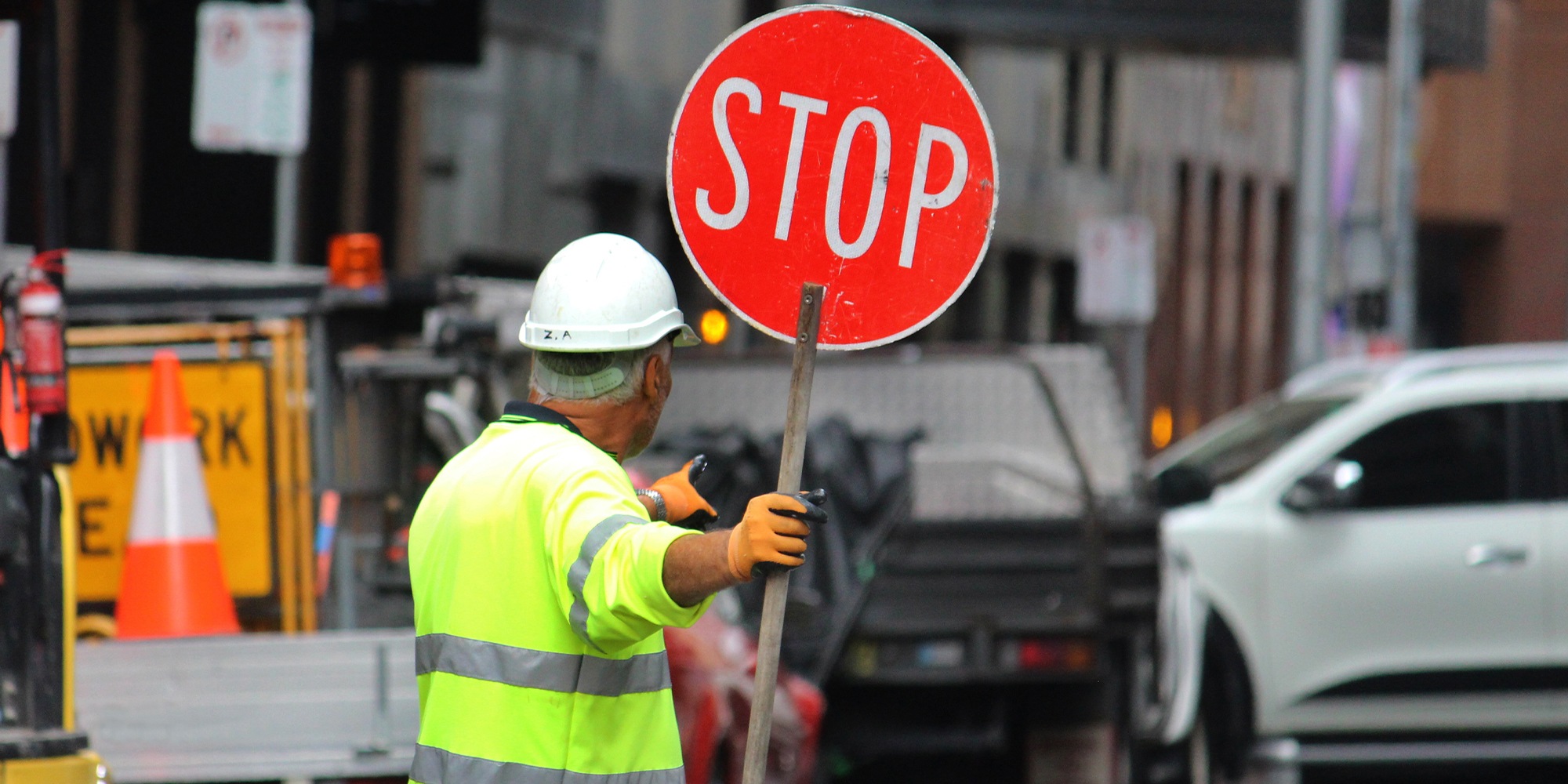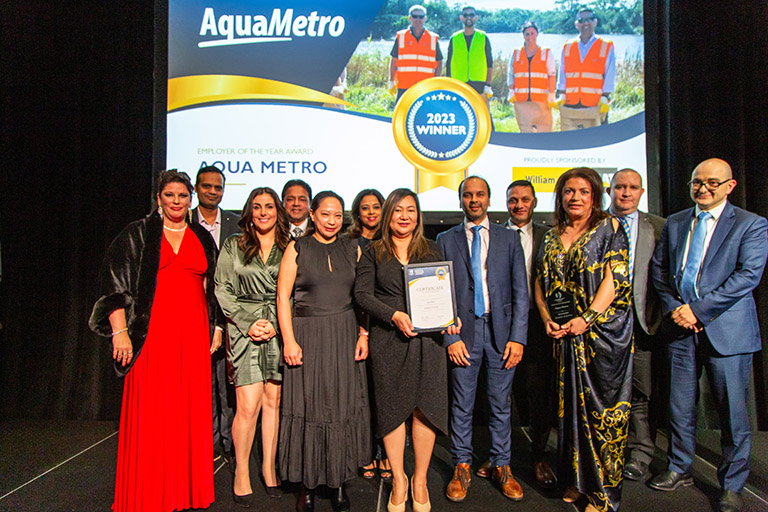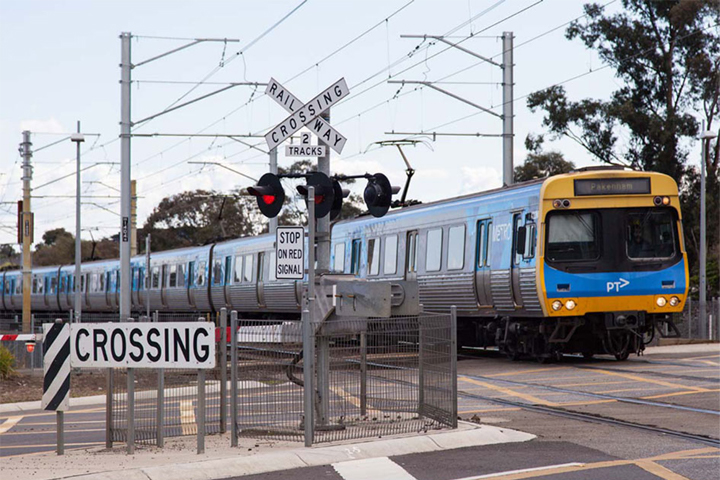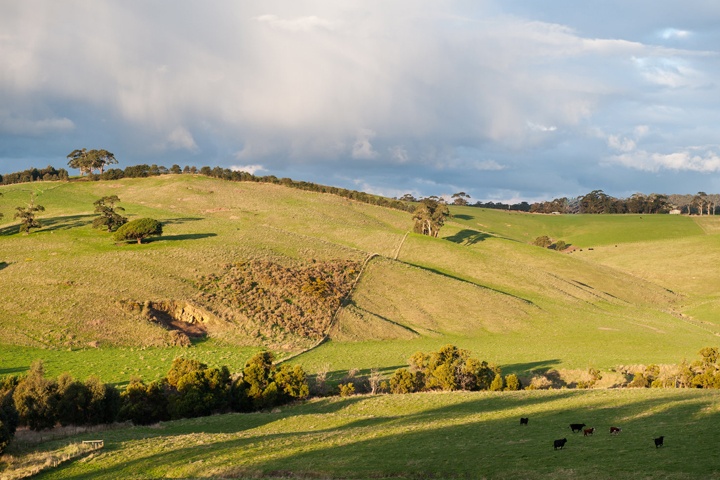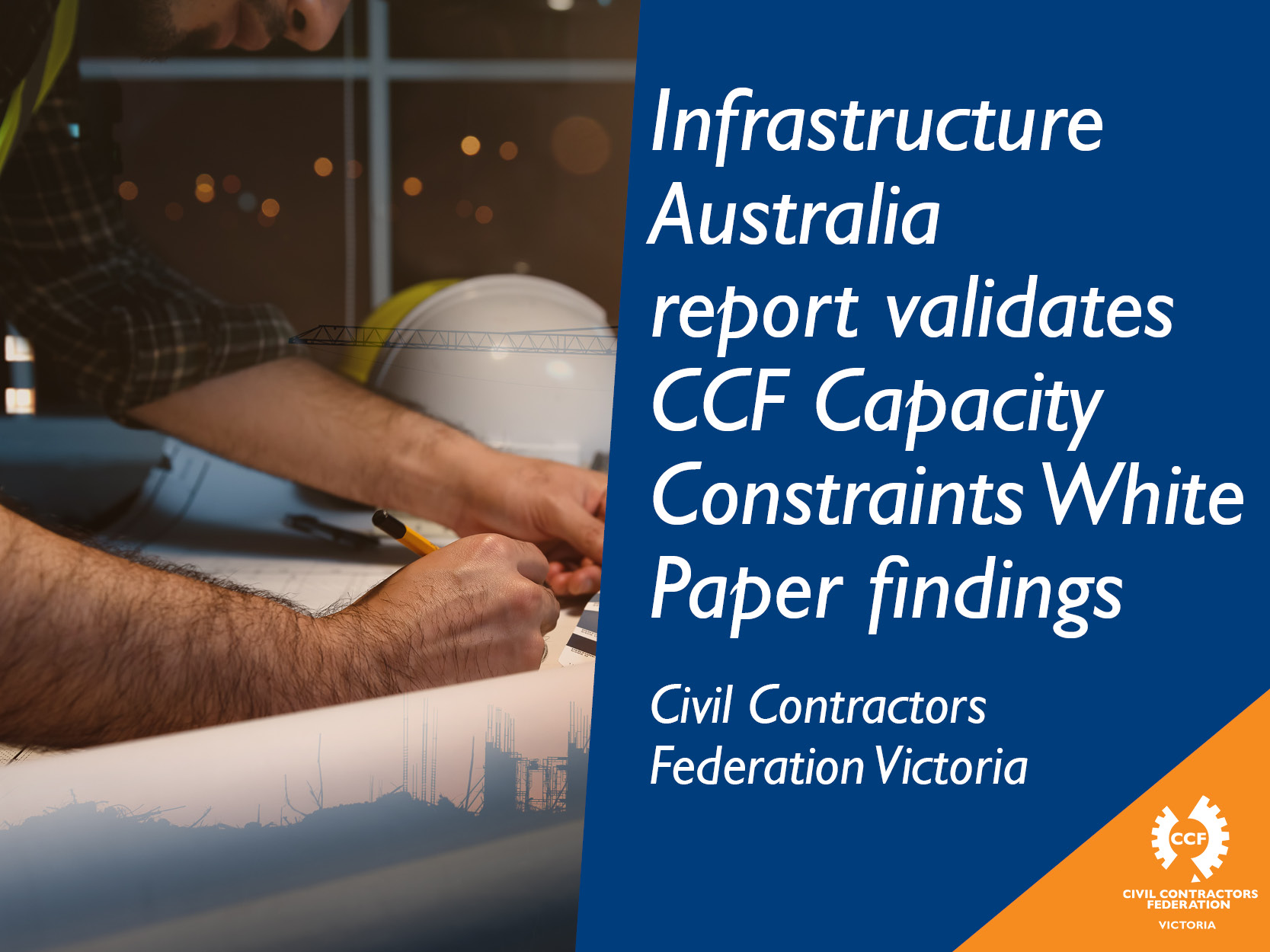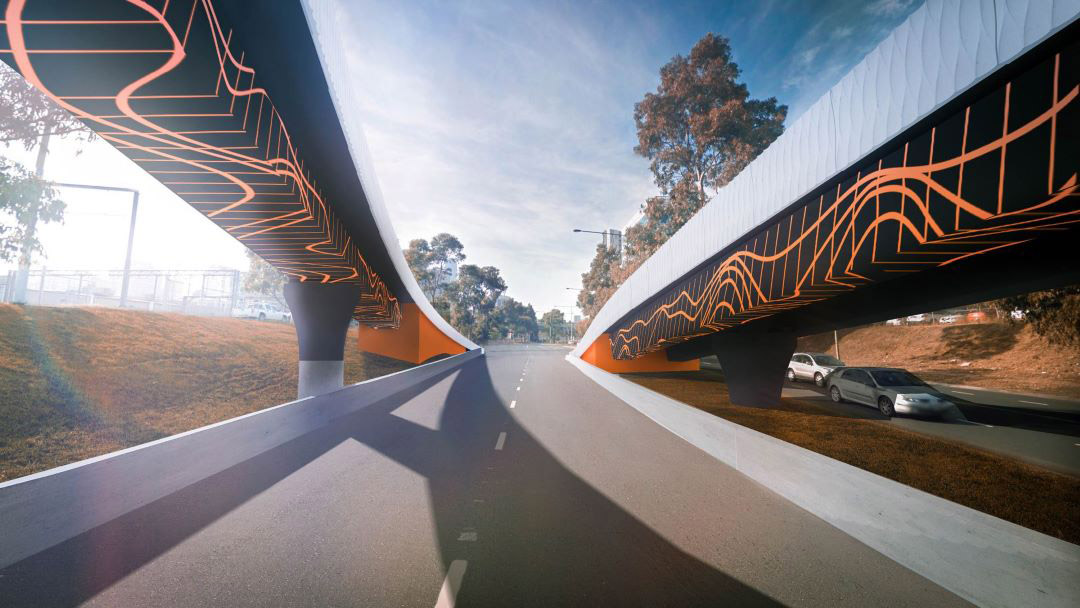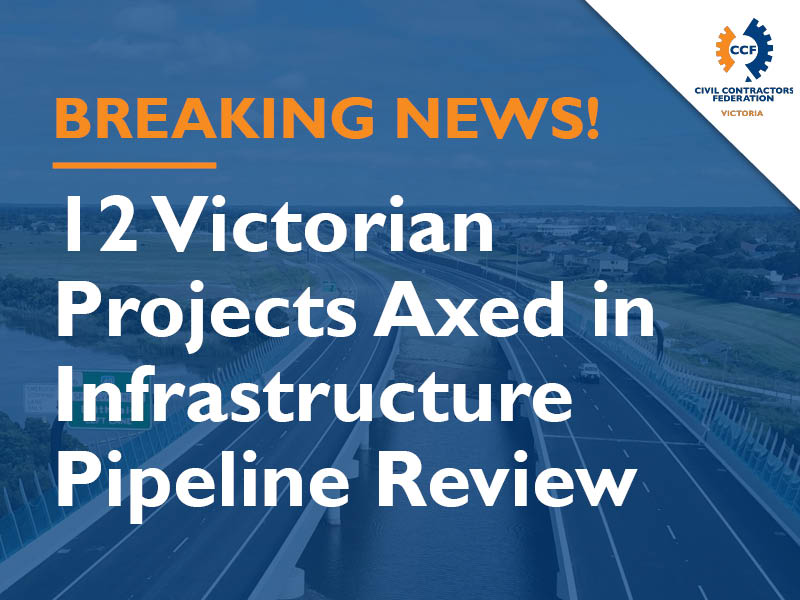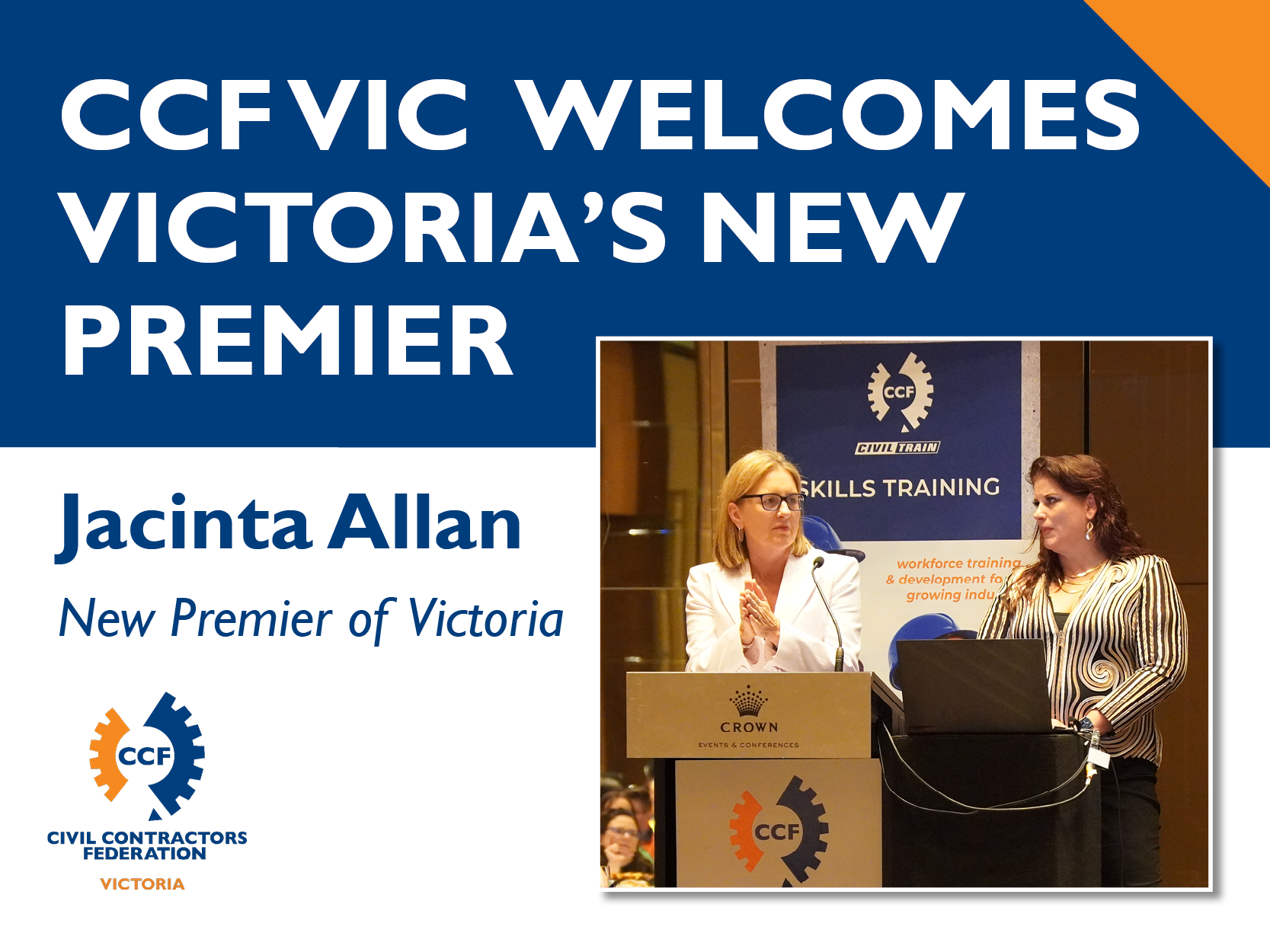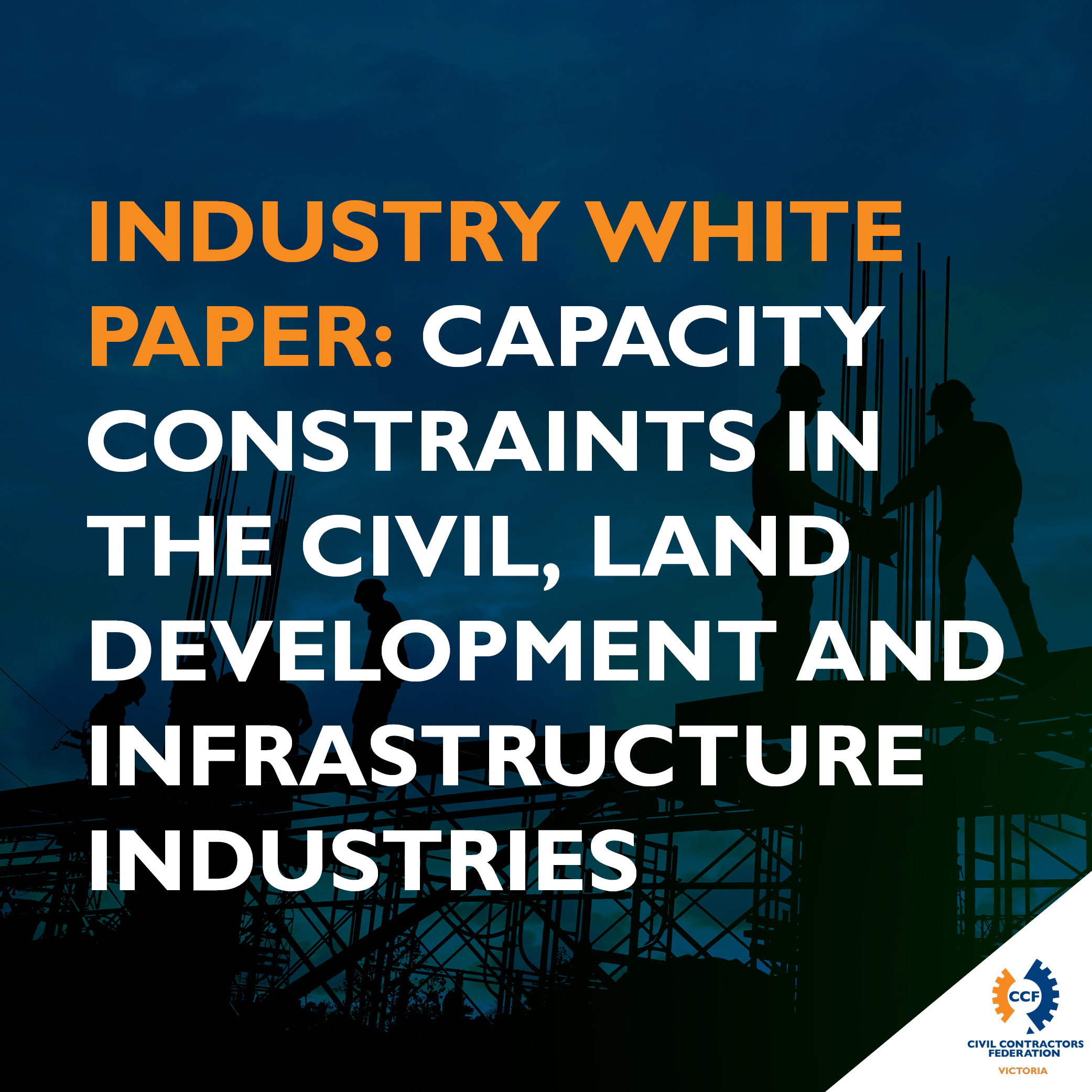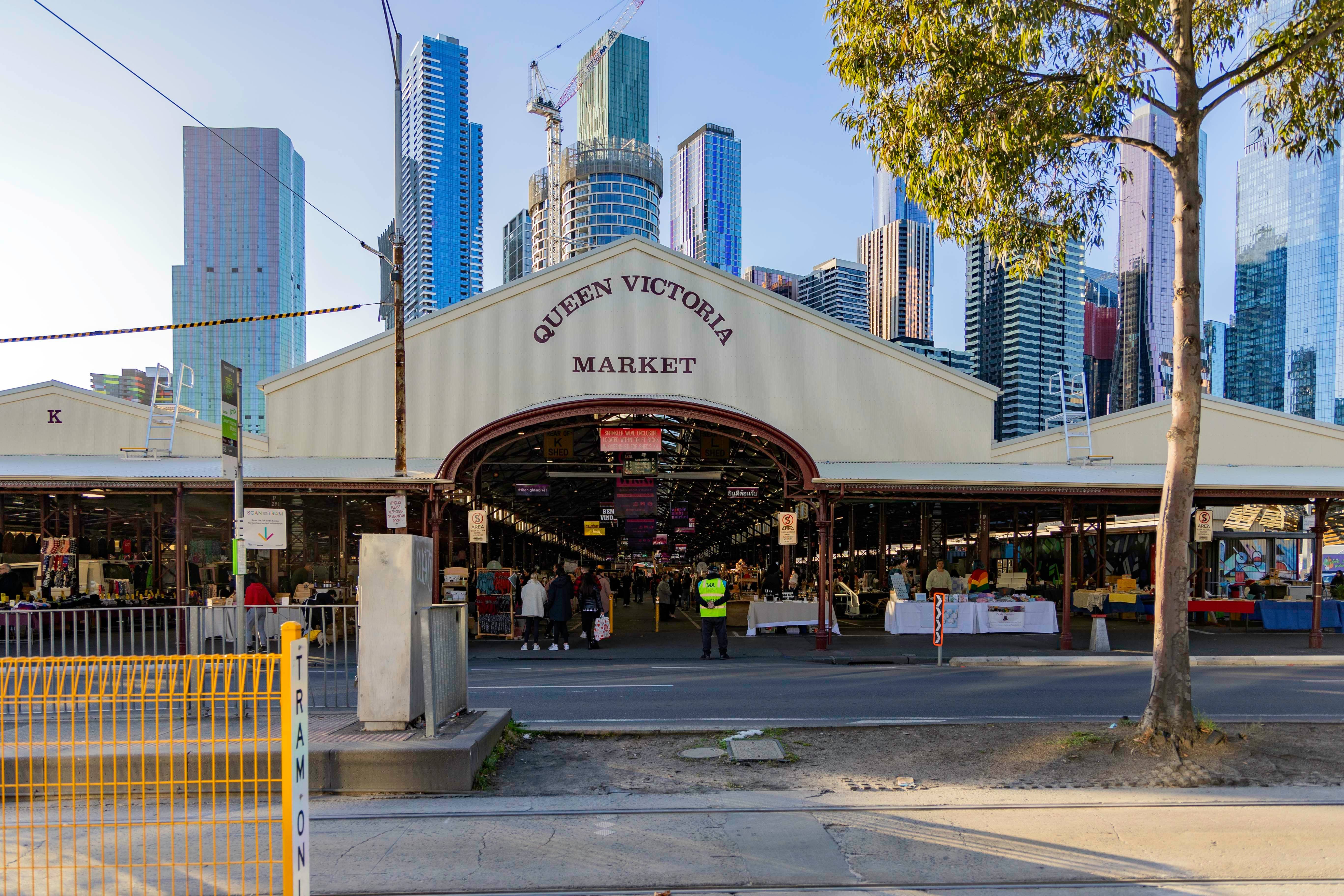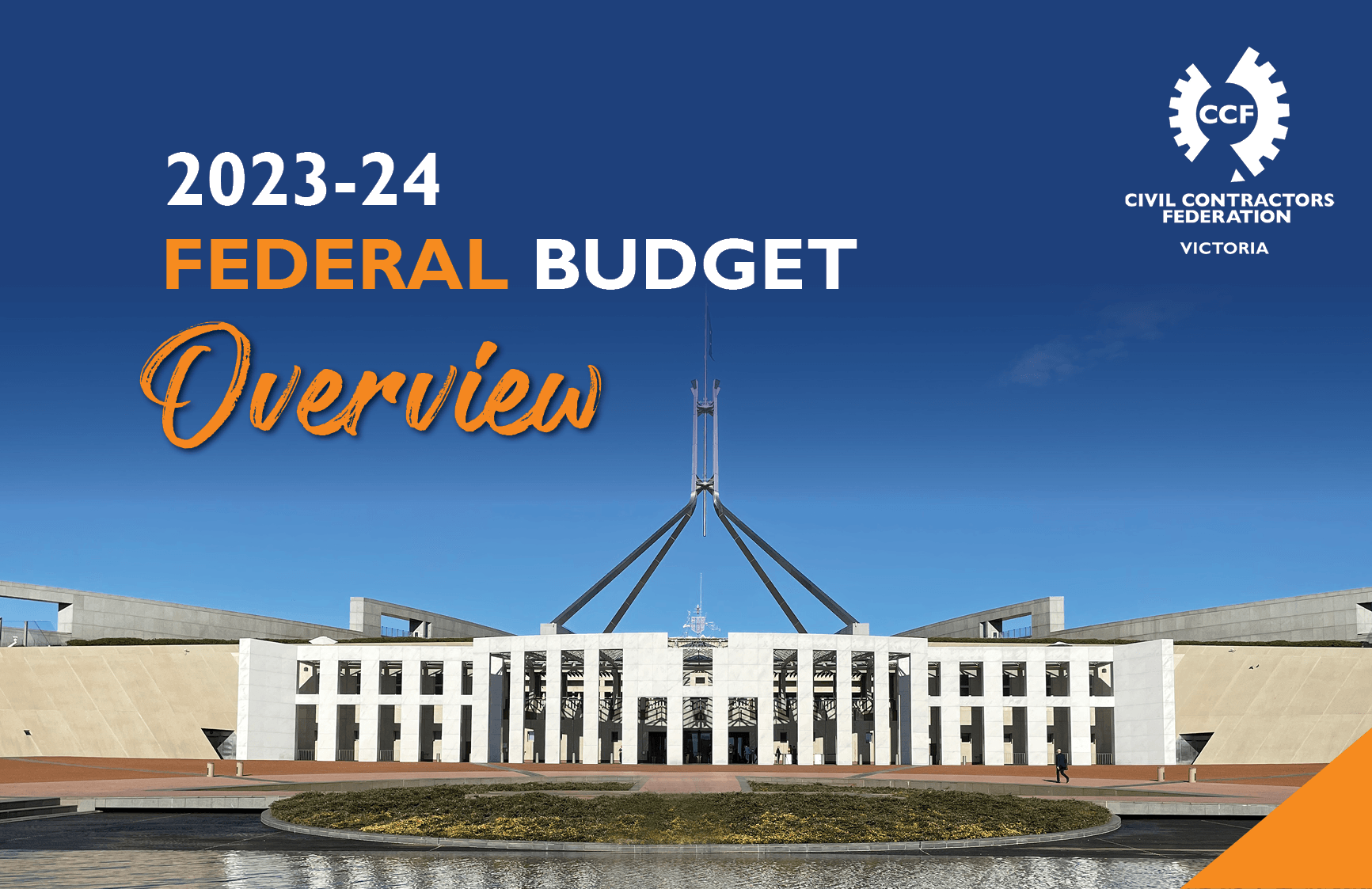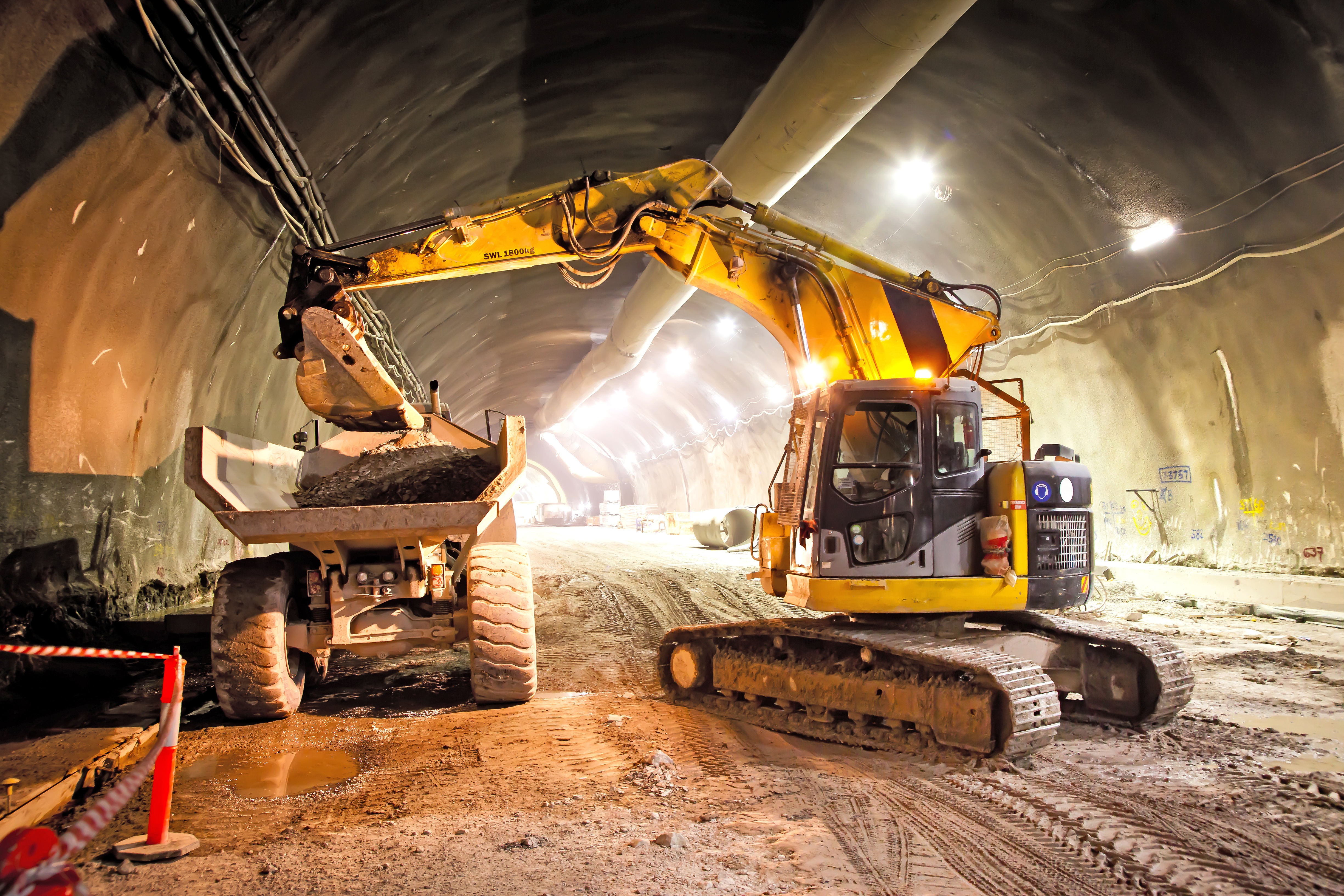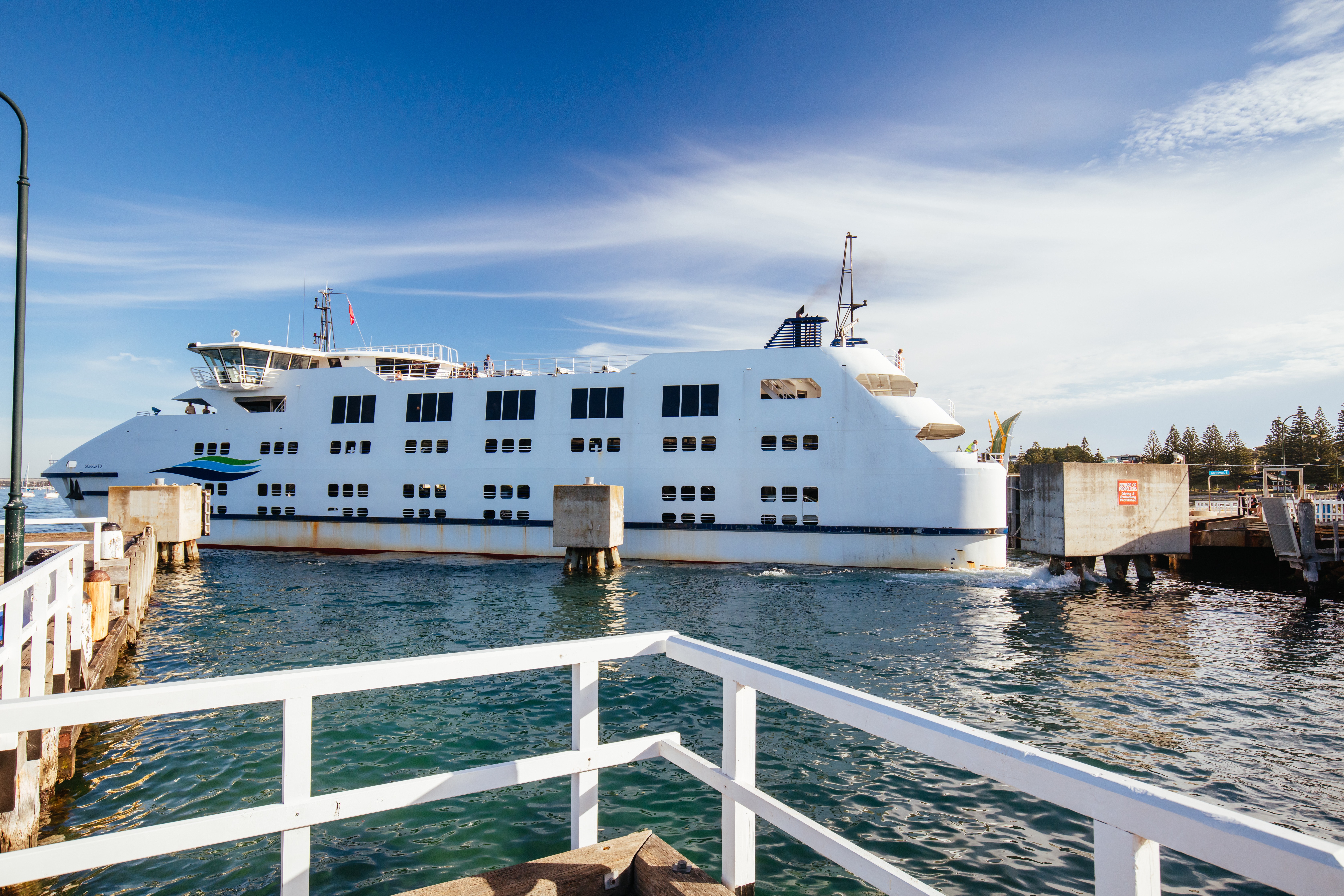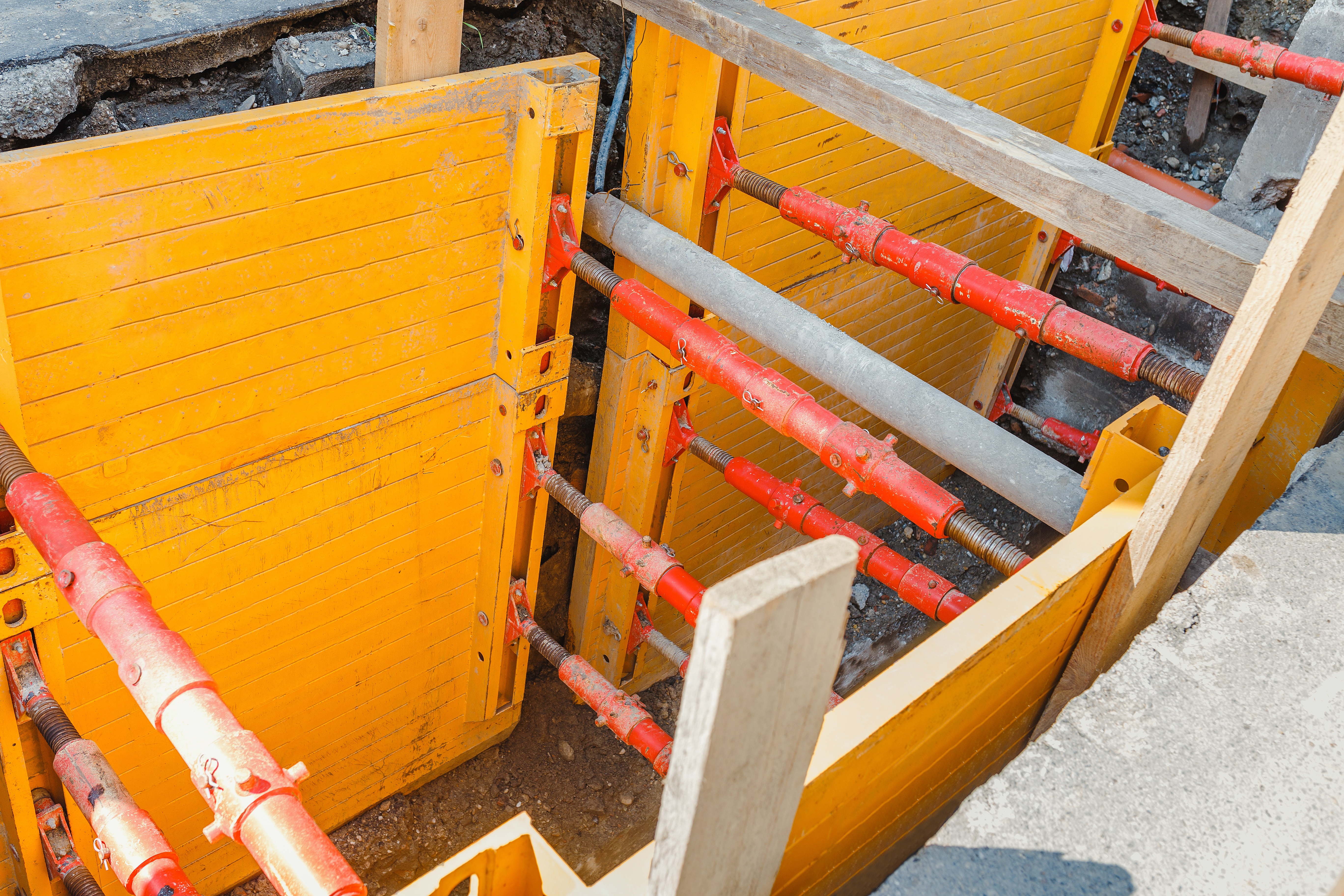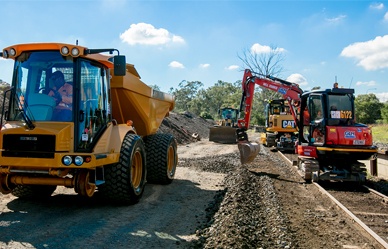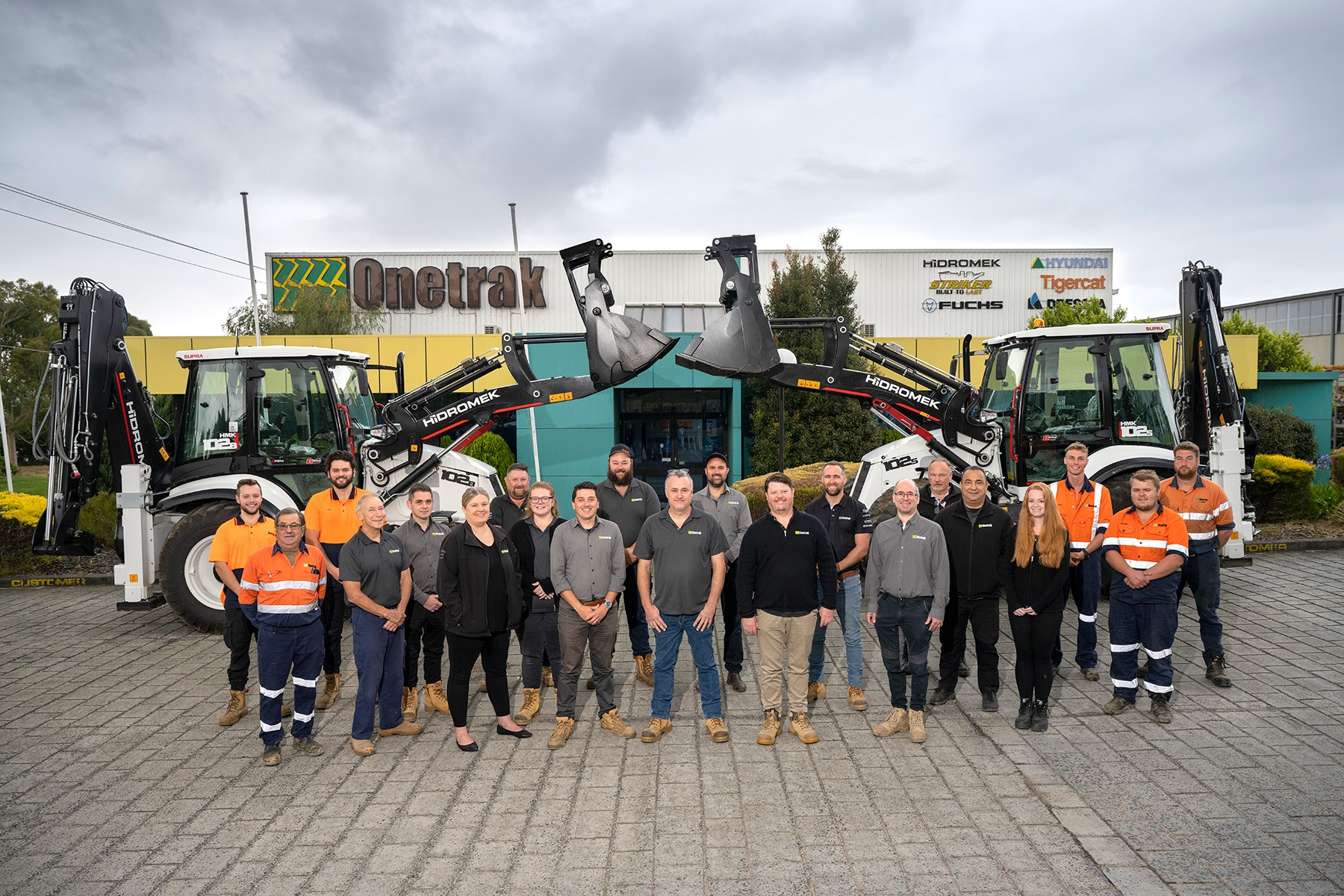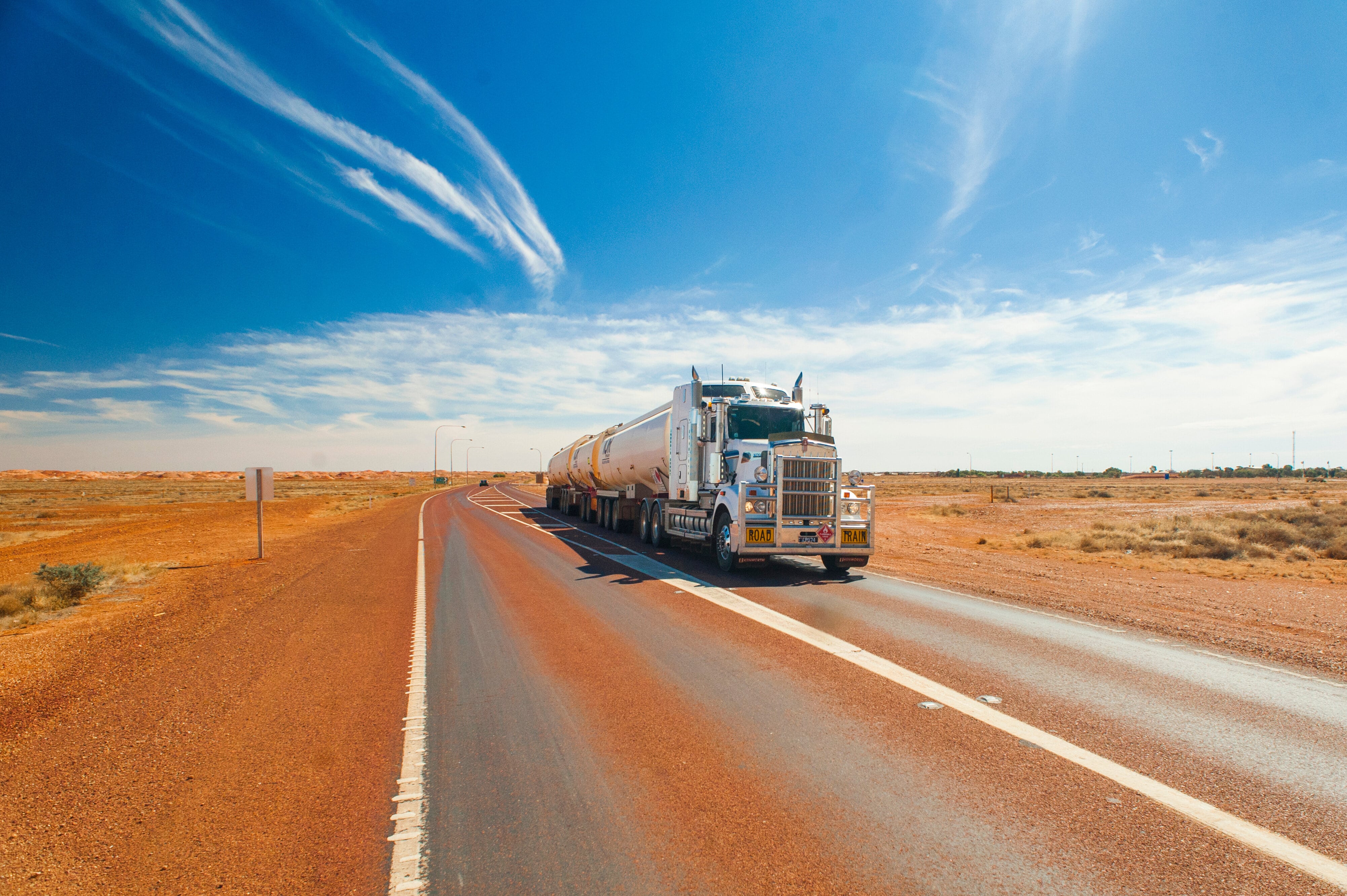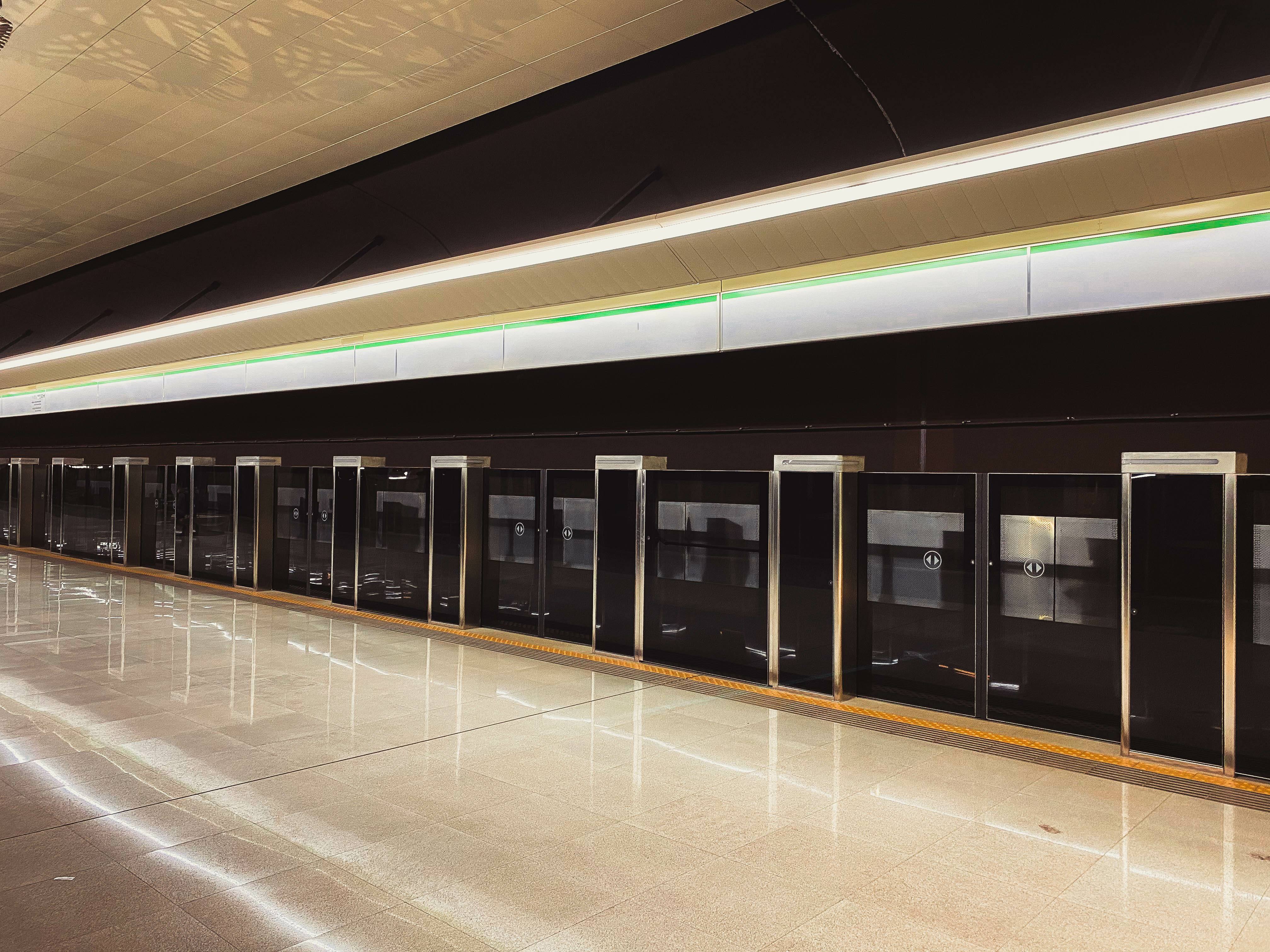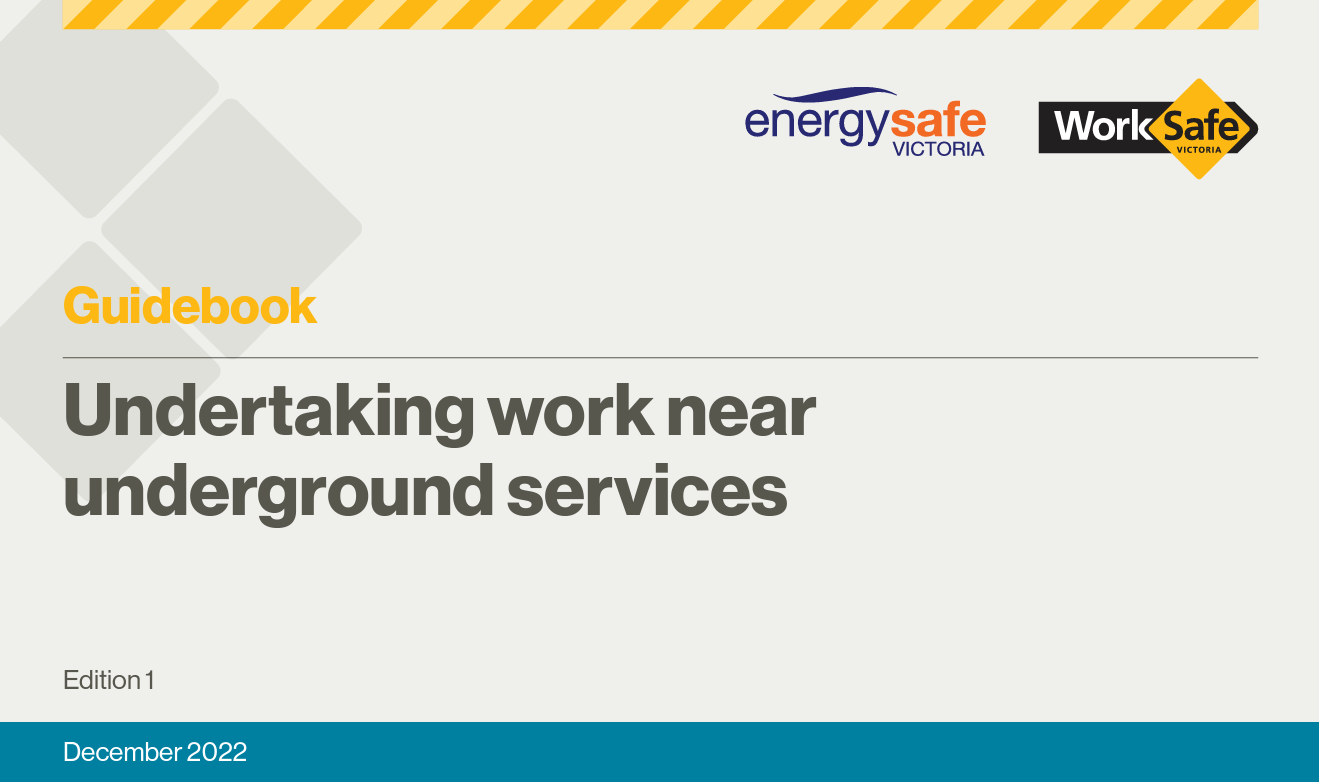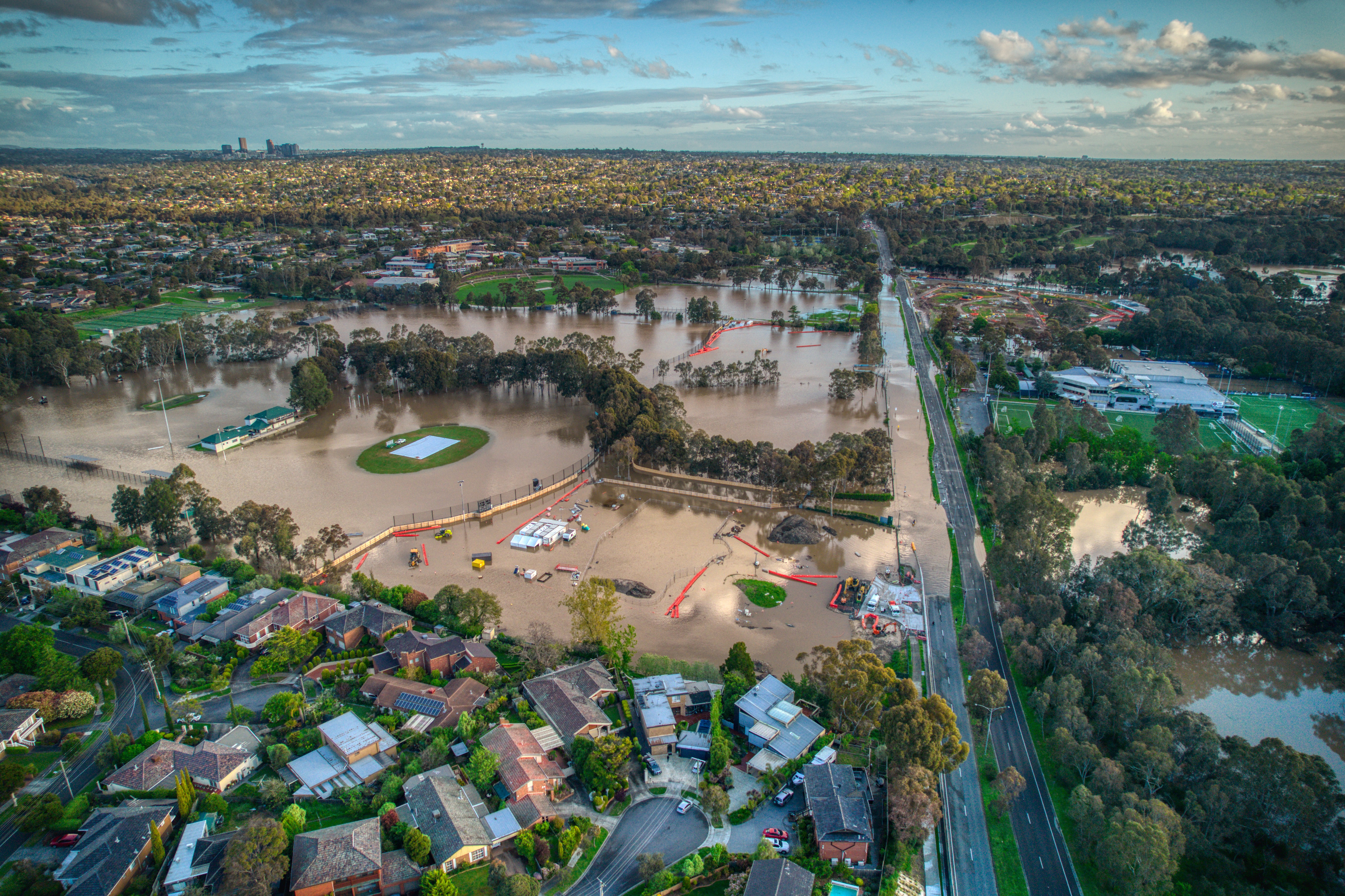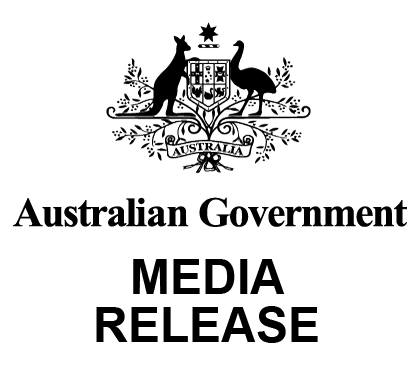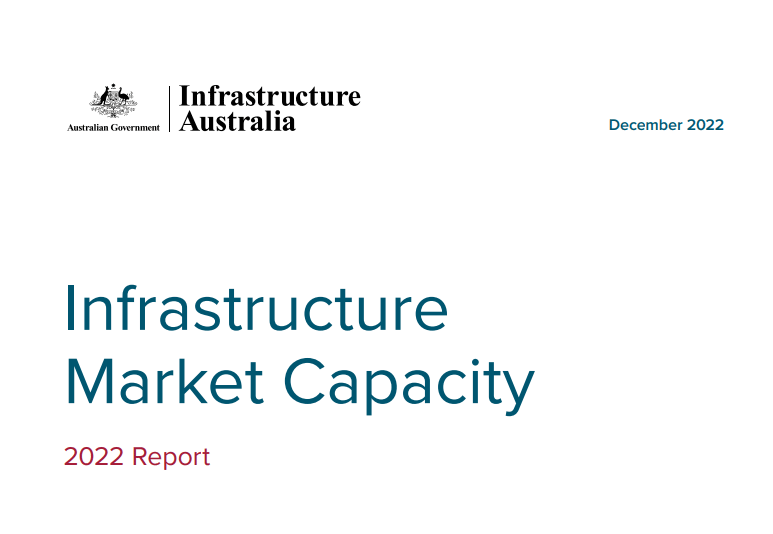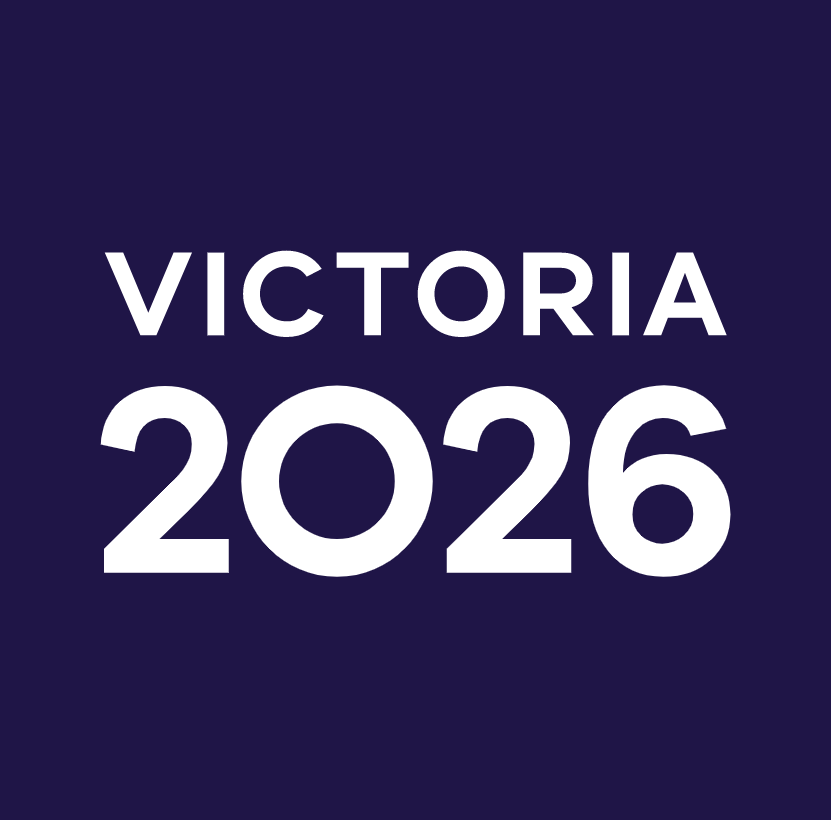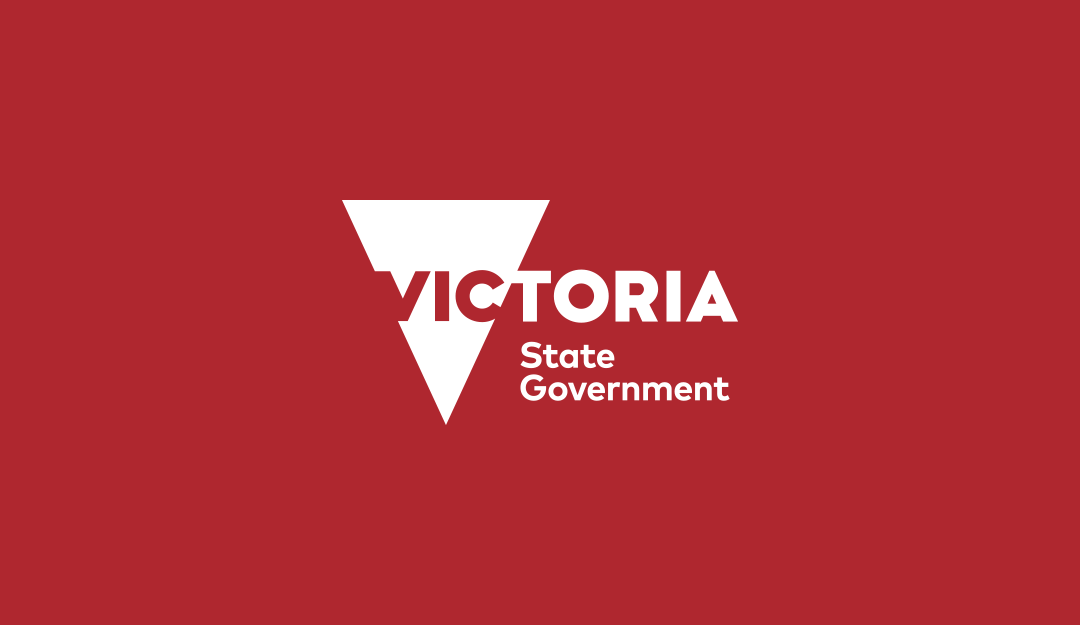Victoria’s infrastructure program is set to continue largely unchanged, following the release of the State Government’s FY25 Budget tabled in Parliament today.
One positive for civil contractors – who continue to battle ongoing market issues and capacity constraints – was that no new business taxes or levies save for an increased waste levy (rising from $129 per tonne to $170 per tonne), were announced in this Budget, compared to last year.
While pitched as family-friendly, supposedly to address cost-of-living pressures, the reality is that this year’s Budget does not have any new major infrastructure initiatives, but rather is a continuation of existing projects from last year and the past decade. Despite some fiscal discipline, net debt is forecast to continue rising to $188 billion by 2028.
Premier Jacinta Allan cited continuing high inflation and workforce shortages as key influences on this year’s Budget, in a special pre-Budget briefing for a range of invited industry, business, social sector and media organisations.
In other words, costs are up and we don’t have the workers to do a lot of the work required.
FY25 BUDGET – KEY TAKEAWAYS
- Premier Allan said the Government was not “roaring ahead without the workforce required”, citing the challenges of a 22 per cent increase in construction costs since 2021.
- The rationale for slowing down the infrastructure spend and being ‘realistic’ about the industry’s capacity given the lack of a skilled workforce was backed up by Infrastructure Australia’s report highlighting a shortage of 229,000 workers nationally.
- While existing projects such as the Big Build program – including North-East Link and Suburban Rail Loop – will continue, infrastructure spend is expected to fall from a peak of $24 billion in 2023/24 to $15.6 billion by 2028.
- Given the workforce shortage being stated as a driver for a ‘slowing down’ of projects, there was no mention of productivity gains to be made in our industry using different models of delivery.
- This emphasises to me the imperative for CCF Victoria and our industry to work with the government on better, more cost-effective models such as MRPV’s PDA (Program Delivery Approach) Collaborative Contracting model.
- In previous federal budgets, Victoria has been unfairly discriminated against, receiving $8.3 billion less than our population share of infrastructure funding – effectively $11 billion less than NSW.
- New investments in the coming year include $4.9 billion additional funding to existing public infrastructure.
- From a 10-year investment of $6.6 billion in ‘Making our Roads Safer’, $964 million to be spent this year maintaining Victoria’s road network.
- This includes extra funding to repair flood damaged roads: $100 million for roads, pavements, infrastructure and landslips post-flooding – but does this go far enough to repair the estimated damage of around $490 million from the last two years due to floods and fires?
- $105 million for road maintenance, including road rehabilitation in metro and regional areas.
- $80 million committed to deliver periodic and routine freight rail corridor maintenance.
- $77 million for high priority upgrades regional and metro roads and bridges.
- $25 million for critical maintenance for the West Gate Bridge.
- $20 million for roads and infrastructure to access government land in the Werribee and Point Cook Southwest Precinct, plus $19 million for construction of active transport/shared paths.
All up, it was a Budget Paper that had few, if any surprises, and made big noise about the past decade of projects that will be continued, without any cuts and no new significant infrastructure initiatives.
Almost as a footnote was the clean energy transition, with a modest investment of $17 million to continue planning the Port of Hastings to support the emerging offshore wind energy industry, and a continuation of investment in skills training.
POST-BUDGET ANALYSIS WEBINAR
The dust has yet to settle on this year’s State Budget but we will be doing a deeper dive analysing the impacts and opportunities for civil contractors in our exclusive webinar this Friday at 12pm, with Oxford Economics construction expert Adrian Hart.
Don’t miss this critical breakdown of what the FY25 State Budget will mean for your business.
Finally, if you have any questions, please get in touch with our team: membership@ccfvic.com.au
-Lisa Kinross – CEO, CCF Victoria



